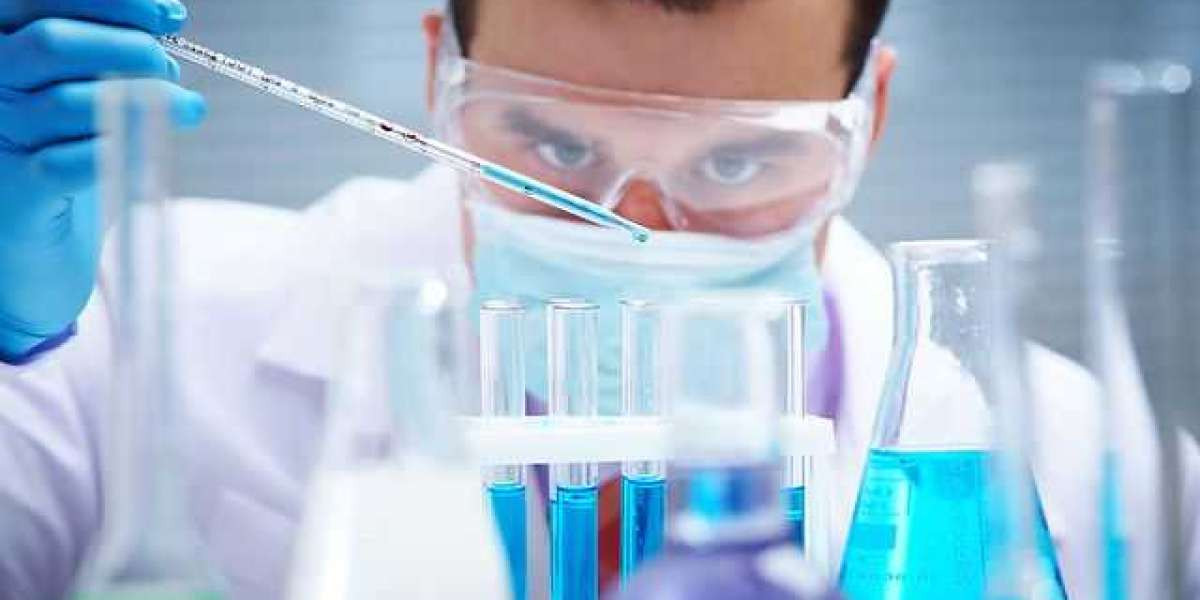In the field of pharmaceuticals, ensuring safety and quality is of paramount importance. One critical aspect of pharmaceutical development is the synthesis and characterization of impurities, which are by products or degradation products that may be present in a drug substance or drug product. Demystifying impurity synthesis is key to understanding the potential risks associated with these impurities and implementing appropriate measures to ensure pharmaceutical safety.
Impurity synthesis involves intentionally creating impurities in the laboratory to study their properties, toxicity, and impact on the overall quality of pharmaceutical products. By gaining insights into impurities, scientists can develop strategies to minimize their formation during the manufacturing process and establish limits for acceptable levels in the final product. Here, we delve into the significance of impurity synthesis and its role in pharmaceutical safety and quality assurance.
Identification and Characterization: Impurity synthesis allows researchers to identify and characterize impurities that may be present in pharmaceutical products. Through careful synthesis and analysis, scientists can determine the structures, properties, and potential toxicities of these impurities. This knowledge is crucial for understanding their impact on drug efficacy and patient safety.
Safety Assessment: By synthesizing impurities, scientists can assess their potential toxicological effects. This includes studying their mutagenic, carcinogenic, or genotoxic properties. Understanding the safety profile of impurities helps pharmaceutical companies establish appropriate limits and implement measures to ensure patient safety.
Process Optimization: Impurity synthesis plays a vital role in process optimization during drug development. By intentionally synthesizing impurities, scientists can identify the factors that contribute to their formation and implement process modifications to minimize impurity levels. This optimization ensures the production of pharmaceuticals with reduced impurity content and improved quality.
Method Development and Validation: Developing analytical methods for impurity detection is crucial for quality control in pharmaceutical manufacturing. Synthesizing impurities allows scientists to validate and refine analytical methods for impurity quantification. This ensures accurate and reliable measurement of impurities in drug substances and drug products, enabling adherence to regulatory guidelines and quality standards.
Regulatory Compliance: Regulatory authorities, such as the United States Food and Drug Administration (FDA) and the European Medicines Agency (EMA), impose strict guidelines for impurity identification and control in pharmaceutical products. Synthesizing impurities helps pharmaceutical companies comply with these regulations by providing the necessary reference materials for impurity characterization and establishing appropriate limits for impurity content.
Stability Studies: Impurity synthesis is instrumental in stability studies, which evaluate the degradation of drug substances and drug products over time. By intentionally synthesizing impurities that may form during the product's shelf life, researchers can study their impact on drug stability and identify degradation pathways. This information is vital for establishing appropriate storage conditions and expiration dates, ensuring the quality and efficacy of pharmaceutical products.
Quality Assurance: Ultimately, impurity synthesis contributes to overall quality assurance in the pharmaceutical industry. By understanding the nature and properties of impurities, pharmaceutical companies can implement stringent quality control measures to minimize impurity levels, ensure consistent product quality, and safeguard patient health.
Demystifying impurity synthesis is critical in pharmaceutical development to ensure the safety, efficacy, and quality of medications. By intentionally creating and studying impurities, researchers gain valuable insights into potential risks, enabling the implementation of effective measures to minimize their presence. This knowledge-driven approach, combined with robust quality control processes, guarantees the production of safe and reliable pharmaceutical products that meet regulatory standards and positively impact patient health.








